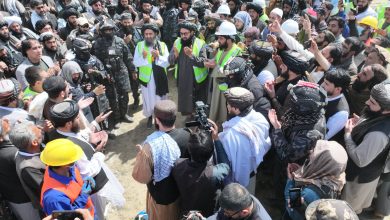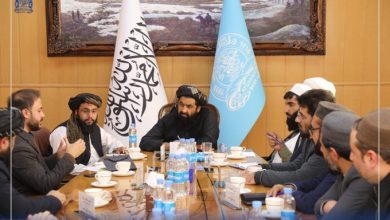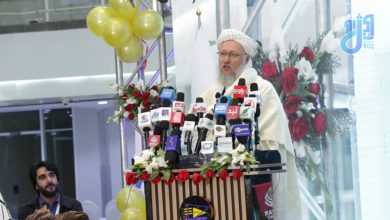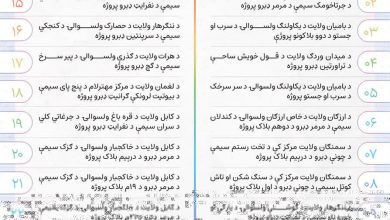Kabul’s Economic Mission to Islamabad: Building Opportunities or Easing Bilateral Tensions
KABUL In a strategic move to enhance economic ties and resolve ongoing disputes, Nooruddin Azizi, Acting Minister of Industry and Commerce of the Islamic Emirate of Afghanistan, arrived in Islamabad yesterday accompanied by a high-level delegation of key government and private sector representatives. This visit comes at a time when Afghanistan-Pakistan relations have faced increasing friction over trade, transit, and the treatment of Afghan migrants.
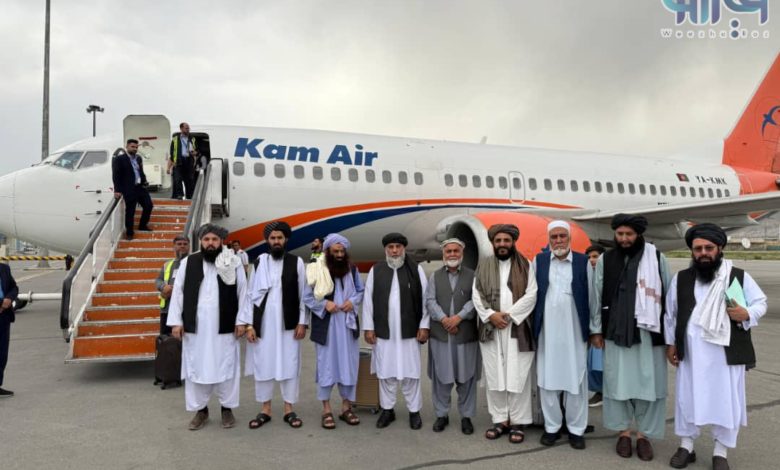
Weezharoz-Comprehensive Delegation for a Multi-Faceted Mission The Afghan delegation includes officials from the Economic Affairs Office of the Prime Minister, the Investment Facilitation Authority, and the Ministries of Foreign Affairs, Finance, Refugees, Transport, Agriculture, as well as representatives from the Chambers of Commerce.
The wide representation underscores the multidimensional focus of the mission.
According to the Ministry of Industry and Commerce, the primary goals of the visit are to:
Address tariff and customs barriers impacting imports and exports
Streamline transit routes for Afghan goods passing through Pakistan.
De-escalate tensions around key trade arteries like the Khyber Pass
Discuss the situation of thousands of Afghan migrants in Pakistan following recent mass deportations.
Coordinate organized repatriation efforts and safeguard migrants’ rights.
Encourage Pakistani private sector investment in Afghanistan
Explore joint ventures in agriculture, energy, and infrastructure
From Strained Ties to Strategic Dialogue
Bilateral relations have long been affected by political and security concerns.
Recently, Islamabad imposed restrictions on Afghan exports and ramped up deportations of undocumented Afghans — actions seen by analysts as politically motivated.
If successful, the visit could allow Afghanistan to maximize its use of Pakistan as a gateway to international markets.
It may also serve as a stepping stone for broader regional dialogue through initiatives like the Economic Cooperation Organization (ECO).
Turning Friction into Opportunity
Experts see this visit as a critical test of the two countries’ ability to transform conflict into cooperative opportunity.
A productive outcome could ignite renewed economic engagement and ease political strains.
However, achieving tangible results will require sustained commitment and follow-through on agreements from both sides.
weezharoz
